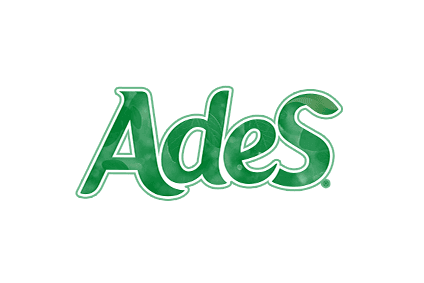
Yesterday, The Coca-Cola Co and Coca-Cola FEMSA agreed to acquire Unilever’s AdeS soy-based beverage business, in a move to bolster their non-carbonates portfolios. Here, just-drinks takes a closer look at the AdeS brand.
The business:
- AdeS was founded in Argentina in 1988
- It became part of Unilever in 1997, when the conglomerate acquired AdeS owner New Jersey-based Bestfoods
- The AdeS brand currently has a presence in eight markets: Brazil, Mexico, Argentina, Uruguay, Paraguay, Bolivia, Chile, and Colombia
- In 2013, Unilever issued a product recall for 1.5-litre boxes of AdeS Apple in Brazil. A consignment had been contaminated with cleaning solution, resulting in the brand proving a “significant drag” on Unilever’s performance in the year.
- During 2015, AdeS sold 56.2m unit cases
- Total net sales in the year amounted to US$284m
The product:
- AdeS is a soy-based drink with added flavours and vitamins
- AdeS Original is a range of soy milks – flavours include Original, Capuccino, Banana and Strawberry
- AdeS Frutas is a blend of soy protein and fruit juices. Flavours include Orange, Passionfruit, Strawberry and Grape. The drinks come in 1-lire and 1.5-litre cartons
- AdeS Max is a smaller-format fruit and soy blend, aimed at children. The 20cl packs come in a range of flavours including Pineapple, Peach and Apple
- AdeS Zero is the company’s zero added sugar range. Flavours include Orange, Apple, Frappe Coco and Vitamin Banana
The future:
- According to analysts at JP Morgan, Latin America is the second-largest market for soy-based beverages after Asia
- Upon completion, the AdeS business will become part of the non-carbonated beverage platforms that Coca-Cola FEMSA shares with Coca-Cola Co in its franchise territories
- In all other territories, Coca-Cola Co said it would work with its local bottling partners to develop sales of AdeS
- The acquisition will strengthen Coca-Cola’s no-carbonates offer, according to JP Morgan. “In spite of the relatively high valuation, we believe AdeS provides several growth avenues,” says analyst Andrea Teixeira. “The traditional segment can be levered on Coca-Cola Co’s distribution. Also, it can innovate with other nutritional products (almond, coconut, rice milk). We also anticipate significant synergies on distribution with juices and dairy categories.”




